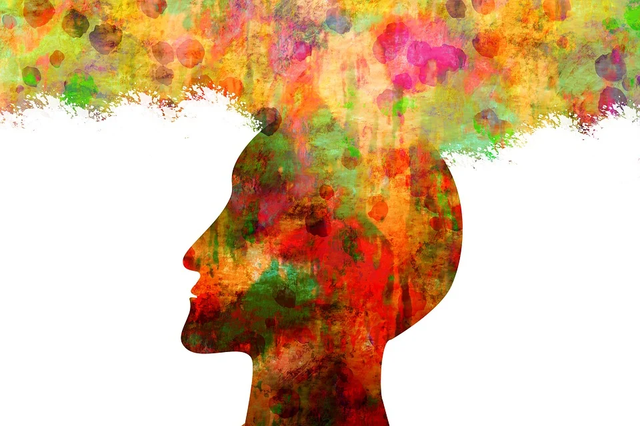Hegel: The History of the Idea and the Place of Art in the Philosophical System
The absolute idea negates itself in nature, and then returns from this different existence to itself in human history, in the spirit, where the negation is negated. The subjective movement of the soul is the dialectical method represented above all in the formulation, application, and composition of the proposition.
Concerning the first moment, Hegel says, that we have gone back to the concept of the idea with which we began. But this return to the beginning is a step forward. What we started with was existence, abstract existence, and now we have the idea as existence, this idea that exists, that is nature.
This path of development is the transition from the abstract to the concrete, from the logical idea to nature. But what mode of existence can we attribute to the idea before it was embodied in nature? There is no clear answer on this point.
The absolute idea is manifested in nature: first in mechanics (time, space, matter, movement, gravity), then in physics (bodies, light, heat, chemistry), then in organic (geology, plant, animal) and the absolute idea returns to itself.
In the soul, it is enriched with all previous development. He denied the absolute idea itself in nature and then denied it in the self-consciousness of humanity.
Thought is not only the principle and basis of existence, as we mentioned previously, but its result, purpose, and the highest degree of its development. The highest degree of absolute thought is what Hegel calls the absolute soul.
Thought develops and acquires in the course of clarifying its essence and defining itself as an absolute spirit, and the philosophy of spirit is the philosophy of the development of social and individual consciousness, the philosophy of human history, this realistic history that in fact represents a process of self-knowledge.
In his philosophical analysis, Hegel moved from logic and the idea in its own existence to the philosophy of nature or the idea in its different existence as nature, where the idea aspires to restore its unity, to the philosophy of the soul or the idea in its existence by itself and for its own sake, that is, in its return to itself in the spirit.
As for the soul, if it is viewed as a reality or as a world resulting from it, it is the objective soul. The soul is initially integrated with nature and then steps from sensory awareness to awareness, understanding, self-awareness, and then the mind.
When Hegel deals with the relation of consciousness to the subject, he affirms that the subject is knowable, because its essence is of a logical intellectual character, which is of the nature of consciousness. Thus, awareness of the subject comprehends its peculiarity and rises to self-awareness
In the philosophy of spirit, Hegel moves from the theory of the subjective spirit (anthropology, phenomenology, psychology) to the theory of the objective spirit (right, morality, state) and then to the theory of the absolute spirit, which is the highest degree of knowledge of the absolute idea of itself.
The Absolute Soul is the memory that relives all movement of the soul. In this sense, the subject of the soul is the past. The three forms of the soul represent the essence of human consciousness and the various human relationships.
The essence of the soul is freedom. The soul, as it unfolds by its inner necessity, achieves its freedom. The absolute spirit includes art, religion, and philosophy. Art is therefore a stage in the development of the absolute idea, especially in the development of the absolute spirit.
It is an idea in which the self-awareness of the absolute idea is achieved. Art is not just a special form of knowledge of the objective world, but a self-development of the concept. The content of art, religion, and philosophy is basically the same, but the form of exposure or presence of the content is different.
In art, the absolute idea recognizes itself in the form of sensory vision, and in this form, the idea is freed from finitude.
In religion, the idea recognizes itself as an imaginary conception, but in philosophy, the highest stage, the idea is aware of the same concept in the form of the concept, and these three forms not only coexist, but in the first place they are historically successive, that is, human social awareness develops in an unparalleled development, and in philosophical awareness appears Reality has completed the process of its formation, accomplished its mission, and resolved all its contents


It's good to revisit some of the ideas of Hegel. It certainly helps bring clarity to some of my own ideas. Cheers!
Oh my! What an insightful post. Who Hegel exactly, by the way? 🤔
Voted from listnerds